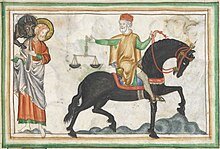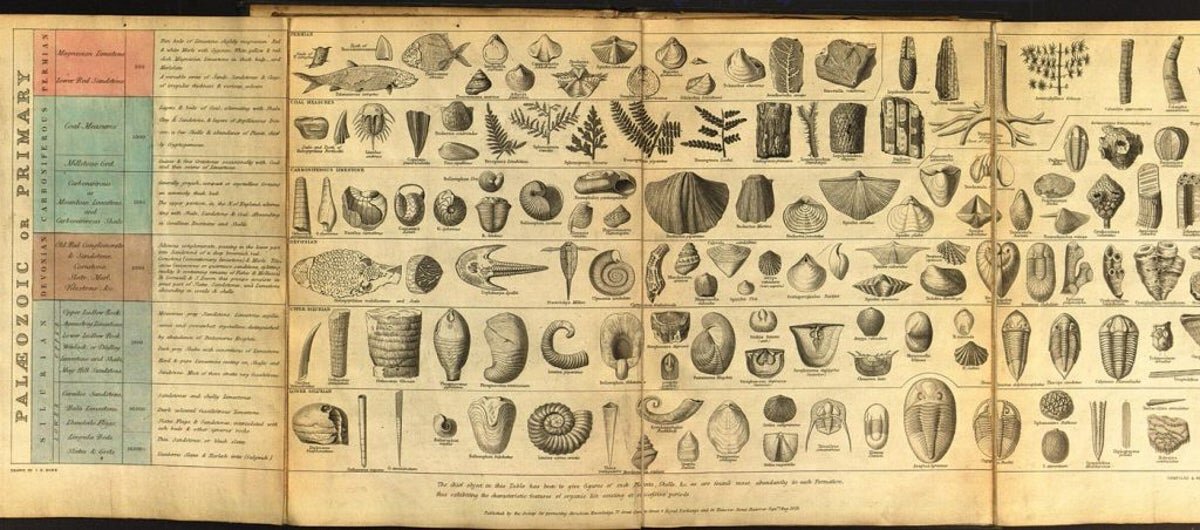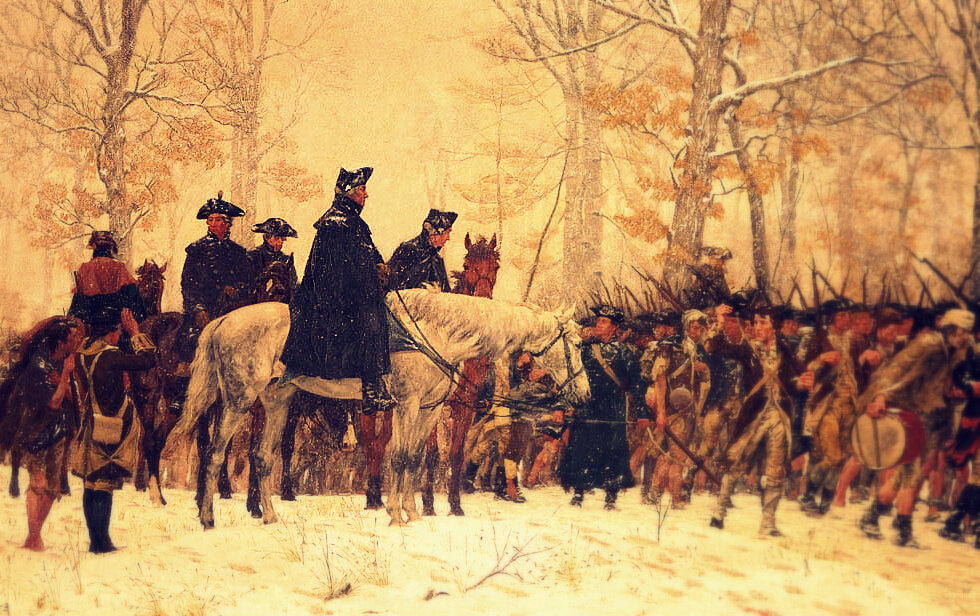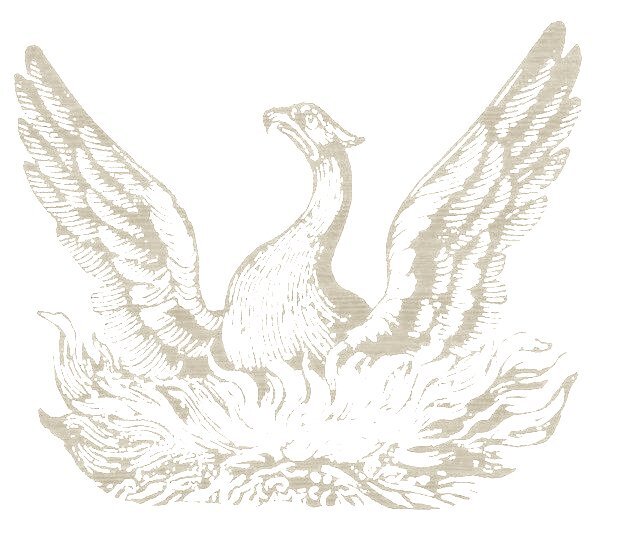Why Entrepreneurs Thrive In A Crisis
I’ve been fortunate to work closely with several hundred highly successful entrepreneurs over the course of my career and I’ve often delighted in their resilient, even shining response to crisis. When the world convulses into some disaster or another, this segment of our society does not cower, they do not falter; instead, they tend to make significant creative leaps and indeed often thrive when the chips are down.
What I’ve been developing over the years is a slowly emerging thesis about WHY this is.
Since the Renaissance there have been three clear classes, the elite, the workers, and the merchants (the entrepreneurs). The merchant class have long been a part of the glue that connects the workers to the elites; never becoming quite as established, comfortable (or vulnerable) as the nobility and clergy nor as reliant (dependent) on others for their advancement or vocation as the workers. The merchants have been able to ebb and flow with the needs of the other two classes creating value when and where the opportunities emerge.

For hundreds of years, during the rise and fall of many empires and emperors, the merchants have adjusted to the changing landscape of power and opportunity. As bureaucracies and governments created obstacles and challenges, the merchants found the loopholes. As famine, plague or war ravaged the countryside, the merchants found a way. They always have.
Today’s entrepreneurs live in a different world – but the practice of being an entrepreneur – the day to day of the role is still one of ongoing ambiguity and change. Charged daily with managing choices concerning product, clients, marketing, cashflow and team; the entrepreneur swims in adversity and upheaval. The pace of change for any entrepreneur is so brisk and their role so varied that over time they develop incredible resilience and unique abilities in a number of deep and intricate disciplines.

Imagine your day.
How many hops do you make from marketing, to sales, to client fulfillment, to finance, to vendor and then team management? You must make decisions constantly – any of which could result in significant risk to your wellbeing as a business and, if you’re running a small operation, your financial security as a household. It’s a breakneck pace of choice-making and action with dire consequences if you’re wrong. And most of you reading this have so thoroughly normalized the behavior that you don’t even think about it that way unless prompted.
In Origin of the Species, 1859 Charles Darwin proposed that virtuous mutations in a species lead to evolution. An opposable thumb might be an anomaly with one generation of a mammal but if it helps with getting food, improving the success of offspring or fending off predators, that anomaly might become a more frequent feature in further generations. It stands to reason – if something works, keep doing it. And it also stands to reason that the species with more offspring will have more mutations and therefore the opportunity to evolve that much faster.

From Origin of the Species, 1859
My belief is that for entrepreneurs, decisions are the equivalent of offspring providing more opportunity for virtuous mutations (or insights). And because entrepreneurs make so many critical decisions each day, each one potentially loaded with hazard, they simply evolve that much faster. The way I see it, the more decisions made – the faster the pace of learning. The higher the volume of learning, the greater the yield over time. It’s a virtuous cycle favoring those who make a number of high-risk decisions each day because that risk makes the choice-making a conscious act, not a reflex. And mindful choice-making with real scorekeeping is the formula for rapid learning and accumulation of wisdom.
Entrepreneurs thrive during calamity because they essentially practice for one each day with the ups and downs they manage. They thrive when the world goes bananas because crises lead to leadership gaps and the upending of hierarchies provide more room to innovate. The circumstances of a crisis are favorable for disruption with their products, services or ideas and experience enables them to operate under stress and a general ambiguity that would paralyze others. But chief among their unique skills is their practice with decision-making that makes them masters at taking action under pressure.

Nathanael Greene – Major General, hero of the Revolutionary War and…entrepreneur
If they’ve been able to carve out a living – no matter how meager – relying solely on their ability to make things happen, entrepreneurs eventually become masters of chaos and change. They simply have to be resilient to shocks, shifts, and rapid swings of perspective, capability or normalcy. The working class however, has traded freedom (or self-reliance) for consistency and security. And in doing so, they have surrendered their opportunity to practice managing life during a massive upheaval.
When the chips are down, we see resilience in entrepreneurs. When there is chaos, we see innovation. The entrepreneurs; the men and women who rush headlong into the smoke and flame of ambiguity seeking their fortunes are thankfully an active and thriving part of today’s society and are leading the way into new and better ideas and opportunities.
My expectation is that we’ll see a flourishing of new innovations and market opportunities as the COVID-19 crises unfolds worldwide. Every crisis has an upside, and it’s the entrepreneurs who strike first and find the market gaps. No matter how long this pandemic lasts, on the other side of it will be a new world created by the class of innovators who specialize in turmoil.
>
“ “It had long since come to my attention that people of accomplishment rarely sat back and let things happen to them. They went out and happened to things.””
About Jon LoDuca
Jon LoDuca is a business strategist and tech entrepreneur who enjoys helping growth mindset companies to move to the next level. Jon is founder of Playbook Builder (2009), a knowledge management software and consulting services solution that helps businesses capture and leverage their team’s best practices, insights, and knowledge.
Jon has been featured as a technology and business leader in Forbes, The Wall St. Journal, Advisor Today and dozens of trade publications. Jon is the author of The Thought Leader, founder of The Wisdom Network – a private community of entrepreneurs, a contributing writer for Capterra, and speaker with engagements at MDRT, TED, AALU, TechAssure, Lincoln Financial, Marshberry, AIMWest, NAIFA, HackingHR and several regional organizations nationwide.
Sources:
-
The Middle Ages, Giovanni Caselli
-
The Late Middle Ages, Raintree Steck-Vaughn Library
